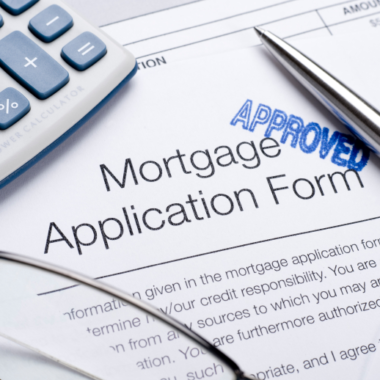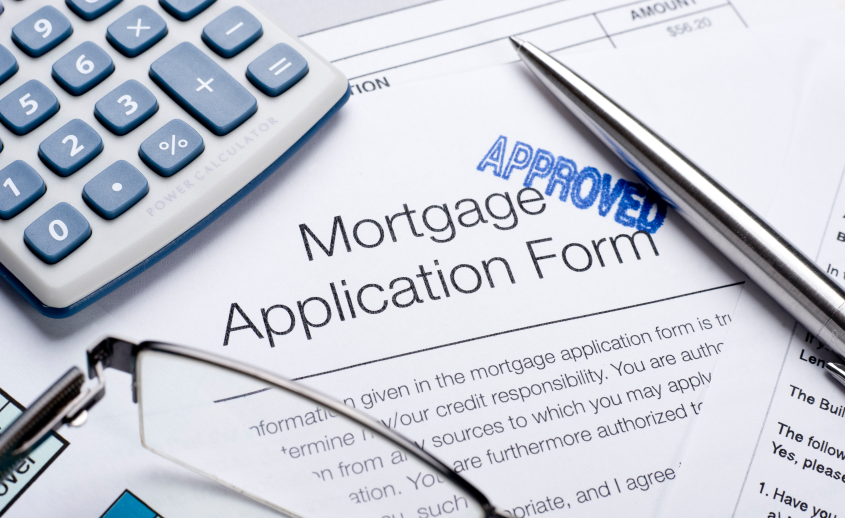HOW TO SPOT A WIN: WIN RENTAL PROPERTY
If you want to build up your property portfolio on the assumption that any rental property will fit the bill – you could be in for a shock! There are various factors to consider when investing in a specific rental property and you must move forward only after ticking all the boxes. Lucrative as some rental properties may seem at first glance, only after taking ownership will the realities surface. You will spend time dealing with property and tenant issues nonstop. They will present problems throughout the tenure of ownership and impact your bottom line, even as you try to liquidate them eventually. Buying the discount property a few towns over from where you live will no longer be the good idea it seemed at the time.
But the right rental property can completely change all that, generating handsome returns over the long-term. Use our tips to spot a winning proposition.
The difference between Deals and good deals A rental deal may look great when presented to you on paper but the realities could be very different. With rentals, Rentability is the first thing to consider, leading to the type of tenants the property will attract. A rental in a poor market will invariably generate poor tenants. A better property in a better area will get you the desired rental. Know the difference and be prepared to pay a little more if you need to.
Negotiate the lowest purchase price Every dollar on a rental deal is important. Contrary to what some investors believe, purchase price is just as important on a rental property as on a rehab deal. If you will finance your purchase with a bank loan or mortgage, a higher purchase price will increase your monthly outgoings and lower your cash flow. If on the other hand, you can negotiate the price 5% lower than the market value, you will reduce not just your capital requirement but also your cash flow. Don’t cheap out on a good deal, but at the same time, try to negotiate the lowest purchase price.
Focus on rentals dollars Always shortlist properties with the maximum cash flow potential. With a flip, all you need is one interested buyer to make an offer, based on the property’s evaluation – and it is done. But it is a different ball game when it comes to rentals. A new kitchen or updated flooring may make the property look great but it may not convince prospective tenants to pay more than fair market value. 200 lost rental dollars every month will hit your cash flow by 12,000 dollars in 5 years! That could amount to 15% loss on a 100,000-dollar home.
Saleability Before making a decision, you need to consider where the property will be a few years down the road. Simply basing your decision on current market trends and sales trends is a risky way of going about building your portfolio. Against a backdrop of ever-fluctuating real estate trends, it is hard to predict when the bottom will suddenly drop out. What happens then? Are you going to be in a position to sell for a higher amount? Or atleast break even on your investment? Location, commercial development and overall land values will affect your property’s market value, but without upgrades your property won’t rent or sell for top dollar. Traditional home buyers will consider the same probabilities when evaluating your property, as potential renters. Budget the cost of maintenance and upgrades to your property in the interest of saleability.
Have an exit strategy Most buyers don’t think about the worst-case scenario but truth being told, the best of rental properties eventually run their course. Despite best intentions, you may face a situation where you may have to cash out on your property. Hopefully you will never get to that stage, but if your property is limited in its appeal to find the right buyer, a quick sale is highly unlikely. You will have limited rent flexibility and if you decide to sell, the market won’t allow you to get top dollar. Always have Plan B in place, based on the worst-case scenario.
All rental properties are not created equal, but knowing the difference makes all the difference!




